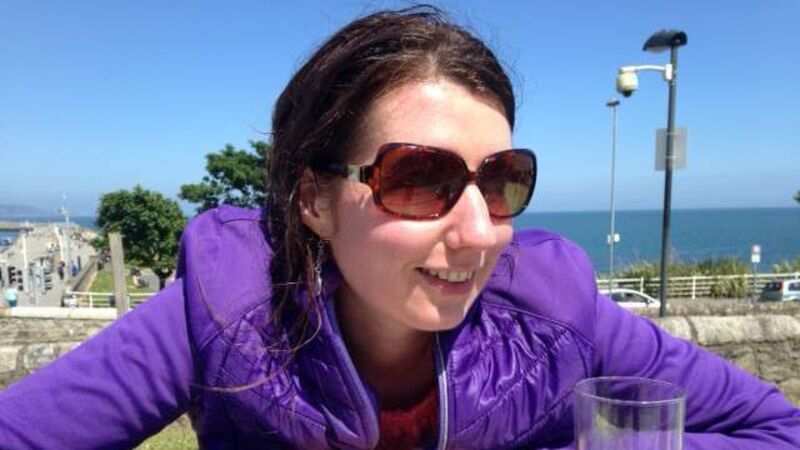Sister of Irish woman missing in Portugal stresses support from Irish authorities to guide families

Jean Tighe was 38 years old when she was last seen on July 13, 2020, in Parede near Lisbon in Portugal. Photo: Facebook
The sister of an Irish woman missing in Portugal will stress the need for support from Irish authorities in such cases on Wednesday.
Jean Tighe from Cavan disappeared on July 13, 2020. For the past three years, the Tighe family have been pushing for action from the Portuguese police to pursue Jean’s case. She was 38 years old when she was last seen in Parede near Lisbon.










